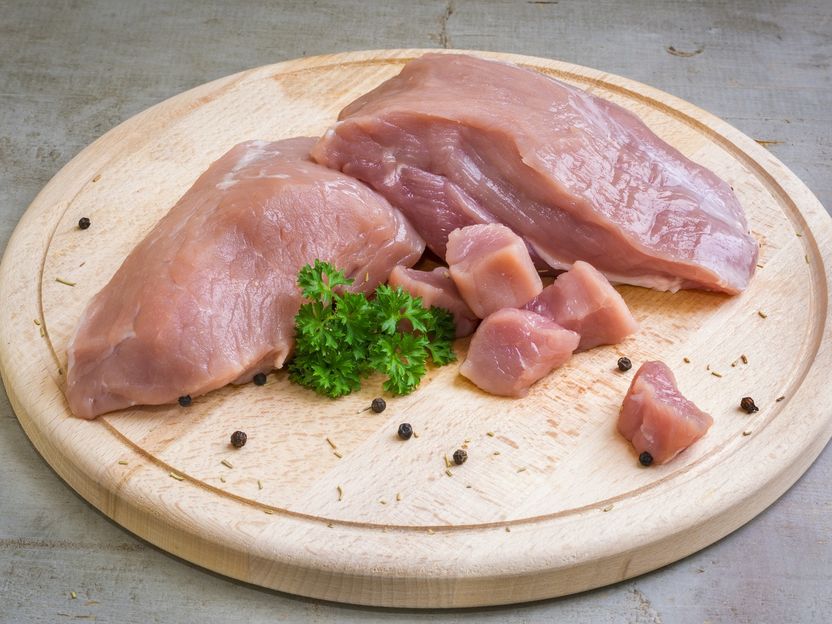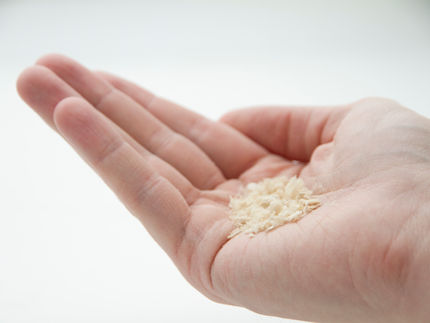Tomato coatings improve the conservation of pork
Gelatine coatings delay the oxidation process of the product during storage
Advertisement
Researchers from the Institute of Agrochemistry and food Technology (IATA-CSIC), the Spanish National Research Council (CSIC), and the Polytechnic University of Valencia (UPV) have demonstrated the effectiveness of a gelatine coating enriched with a hydrolysate of tomato proteins to improve the quality of pork. The results of the work, which is published in the journal PolymersThe tomatoes show a delay in the Oxidation of the product's lipids due, in large part, to the action of the peptides with antioxidant activity that are part of the hydrolysate. In addition, it has been found that the antioxidant activity of these peptides is maintained after the meat is cooked.

CSIC
Meat is a basic element in the diet of a large part of the population, since it has a high nutritional and protein level. But it is a perishable product whose first symptoms of deterioration are changes in colour, appearance, aroma, water exudation and, finally, microbial growth. For this reason, reliable mechanisms are sought to guarantee the quality of the food until it reaches the consumer.
The coatings, developed by researchers from the IATA-CSIC Meat and Meat Products Biochemistry, Technology and Innovation group, not only serve as a direct barrier to water or oxygen when applied to fresh pork, but also contain natural antioxidant peptides obtained from tomato skin and seed extracts, which have proven effective against meat oxidation due to their antioxidant properties.
It extends shelf life during cold storage and responds to consumer demand for natural food preservation. According to Leticia Mora, a scientist in IATA-CSIC, "using these by-products from the tomato industry as a source of bioactive peptides gives them added value at a low economic cost, contributing to sustainability in the industry".
Beneficial effect on digestion
Furthermore, researchers have been able to confirm the stability of the antioxidant activity after the cooking of the meat, opening up the possibility of future research to demonstrate the effect of these antioxidant peptides after ingestion and gastrointestinal digestion. "These new studies would confirm the antioxidant capacity of this coating not only on the food product, but it could also be beneficial after ingestion by the consumer", says Mora. According to Fidel Toldrá, also an IATA-CSIC scientist, the work is part of an important line of research of the group: the use of food by-products and the development of sustainable products.
These edible biopolymers and natural additives obtained from food processing by-products represent a new path towards a sustainable bioeconomy in the food industry, as well as being a strategy to extend the shelf life and improve many of the quality characteristics of a food product in a way that is responsible for both the environment and the health of consumers.
Note: This article has been translated using a computer system without human intervention. LUMITOS offers these automatic translations to present a wider range of current news. Since this article has been translated with automatic translation, it is possible that it contains errors in vocabulary, syntax or grammar. The original article in Spanish can be found here.


























































